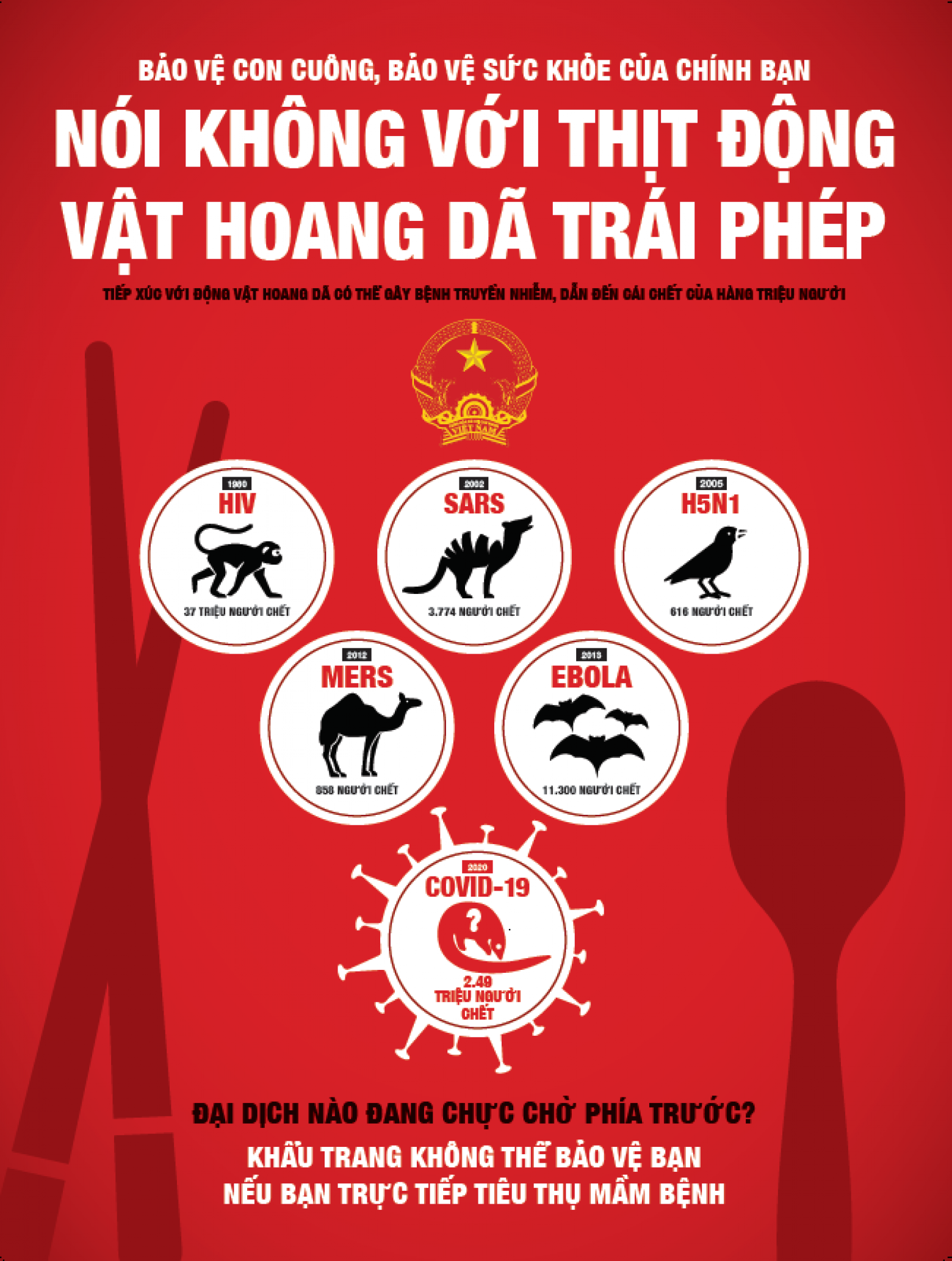
Education outreach to halt biodiversity loss and support the sustainable development of communities around Pu Mat National Park, Vietnam
Indigenous people, local government, wildlife traders, and wildlife consumers all play an important role in the success of conservation goals and strategies around Pu Mat National Park, Nghe An, Vietnam. Local indigenous people are dependent on forest resources and some are also involved in the illegal wildlife trade. To reduce the communities’ adverse impacts on forests, we implemented school programs, community engagement, and behaviour change activities. The program has improved school children’s understanding of the importance of Pu Mat National Park and all wildlife within its boundaries. By the end of our project, children were willing to choose jobs that did not impact forests. Local indigenous people were engaged and inspired to stop deforestation; one-third of the working-age people in the villages left the villages to seek employment in factories instead of entering forests and hunting animals, and there was an increase in over 35% of participating stakeholders saying ‘no’ to wildlife consumption.

